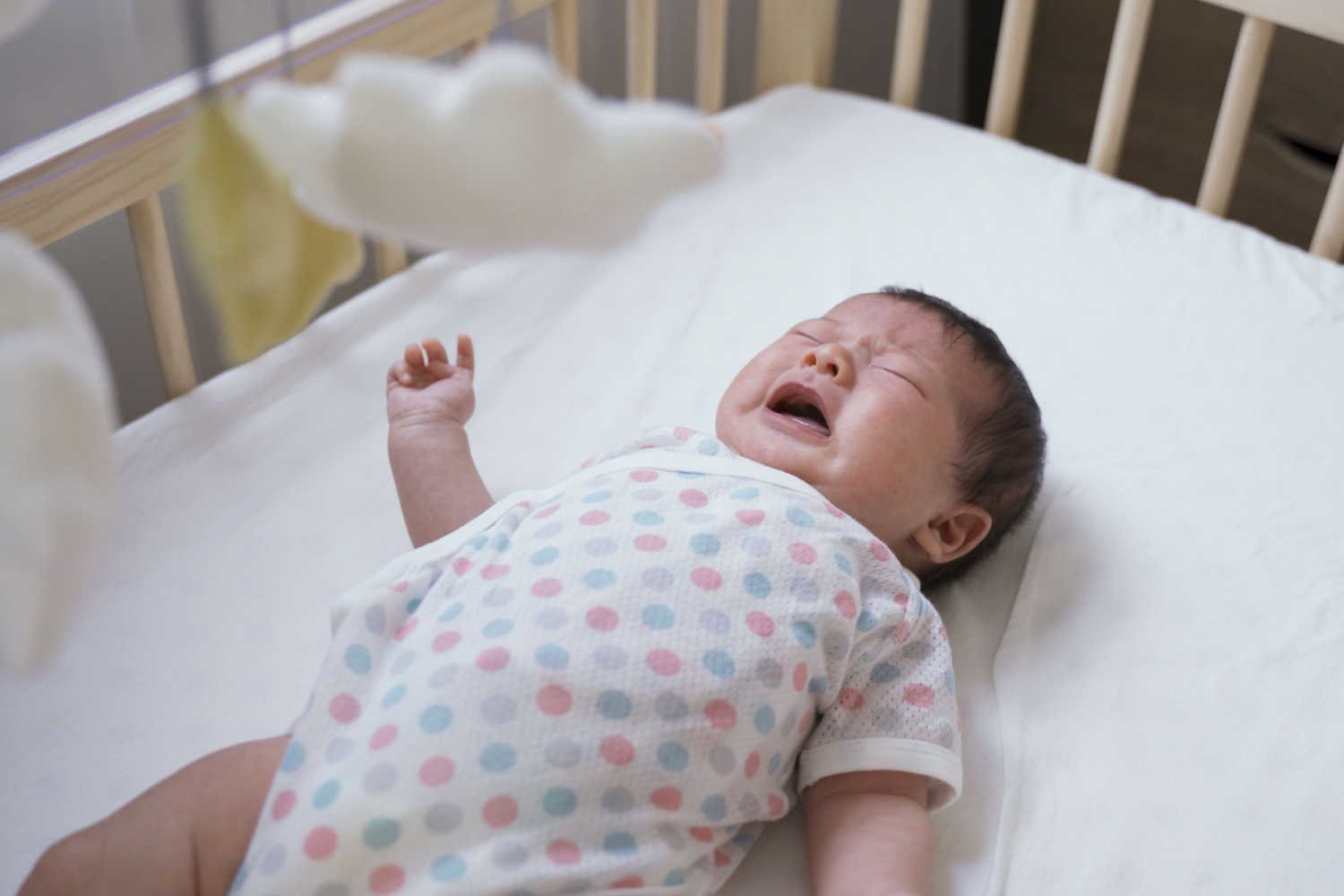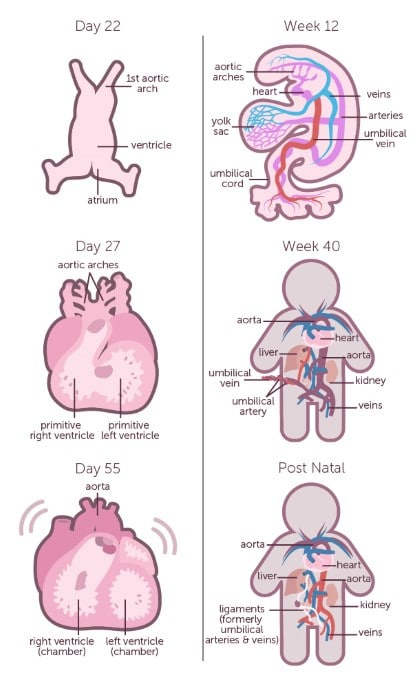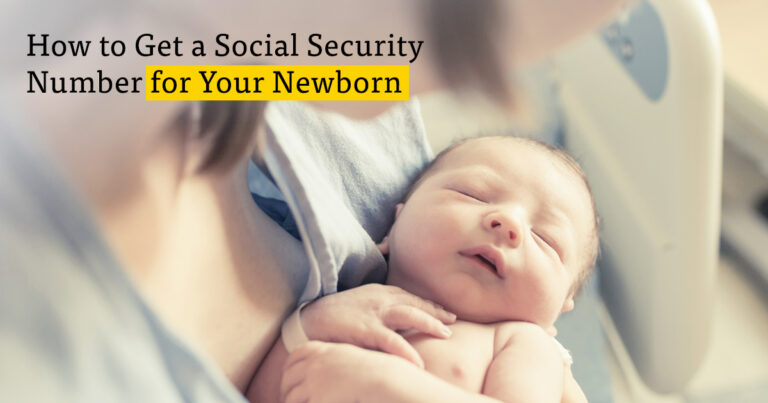Baby Crying In Sleep: What You Need To Know
Have you ever been woken up in the middle of the night by the sound of your baby crying in their sleep? It can be a distressing experience for any parent, but understanding why it happens and how to handle it can help ease your worries. In this article, we will delve into the phenomenon of baby crying in sleep, exploring the reasons behind it and providing tips on how to manage it effectively.
Knowledge
When your baby cries in their sleep, it can be due to a variety of reasons. One common cause is simply that they are experiencing a normal sleep cycle. Just like adults, babies go through different stages of sleep, including light sleep and deep sleep. During these transitions, babies may cry, make noises, or even appear to be awake when they are actually still asleep.
In some cases, baby crying in sleep may also be a sign of an underlying health issue. Conditions such as reflux, allergies, or infections can cause discomfort that leads to crying during sleep. If you suspect that your baby’s crying is due to a medical issue, it’s crucial to consult with your pediatrician for proper evaluation and treatment.
As a parent, it’s essential to respond to your baby’s cries with sensitivity and compassion. Comforting your baby, checking on their needs, and creating a safe sleep environment are key strategies for managing baby crying in sleep. Remember that every baby is different, and it may take some trial and error to find the best approach that works for your little one.
Conclusion
In conclusion, baby crying in sleep is a common occurrence that can be attributed to various factors such as normal sleep patterns, discomfort, health issues, or emotional needs. By understanding the reasons behind your baby’s cries and responding with care and attention, you can help your little one sleep more peacefully.
Parents of newborns and infants are the primary audience for this information, as they navigate the challenges of caring for a baby who cries during sleep. By implementing the tips and strategies provided in this article, parents can better manage and support their baby’s sleep habits.
Ultimately, baby crying in sleep is a natural part of your baby’s development and growth. By staying informed and attuned to your baby’s needs, you can create a nurturing and comforting environment that promotes healthy sleep patterns and overall well-being for your little one.






